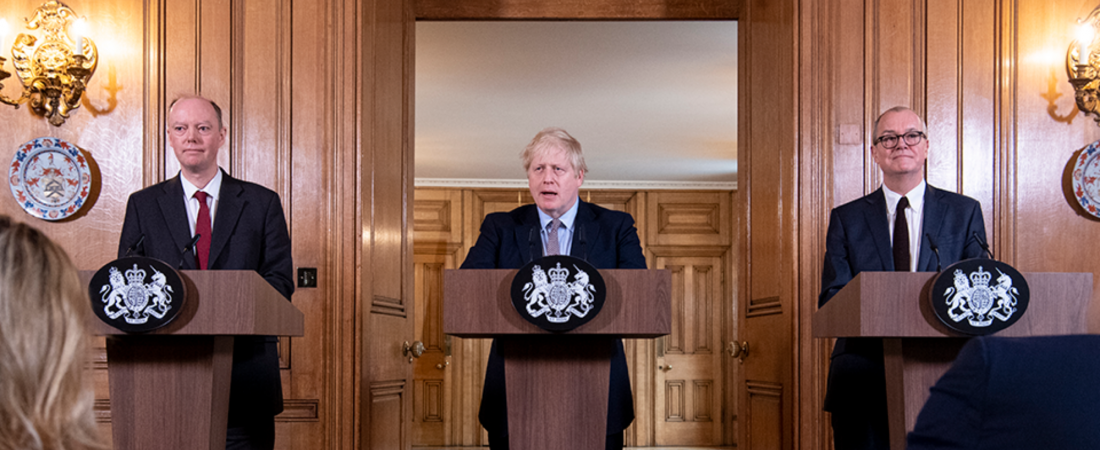Social distancing measures introduced to battle coronavirus mean you can’t currently carry out viewings in person. But you may still wish to show your property to prospective tenants who have no choice but to find a new home, or who need a property in a few months’ time – for example, students who are looking for accommodation for the next academic year.
In these circumstances, a virtual viewing is a great way to proceed while still following social distancing guidelines. Remote viewings can be conducted by video call or a pre-recorded video to show the tenant the property.
Alternatively, you could talk the tenant through the property’s features while you both view the same photos online. By speaking to the tenant directly, you give them the chance to ask all the questions they have, while you can highlight aspects of the property that may not be obvious from photos alone. With a virtual viewing, it’s more important than ever to have accurate photos that show your property at it’s best and floorplans.
You can use WhatApp video call for live video viewings. For pre-recorded viewing videos, simply record a tour through the property with your smartphone camera. You can then send it as a file to tenants, or upload it to a video hosting site like YouTube. You can also create an online floorplan to help tenants visualise the property using a free floorplan tool like floorplanner.
The key is to give the tenant all the information they need to feel comfortable making an offer without seeing the property in person. Although this is clearly not ideal, there is no other way to find new properties to rent while the lockdown measures are in place.
Once you’ve found your new tenant, all other parts of the process, including holding deposit, referencing, deposit and upfront rent payments, signing tenancy agreements, can take place online. Required information, such as the How to Rent Guide, Gas Safety, Energy Performance Certificates (EPC) and deposit paperwork, can be sent by email.
At the time of writing, landlords will need to carry out Right to Rent Checks in person, but we expect further guidance from the government on this very soon.


Start the discussion at community.openrent.co.uk